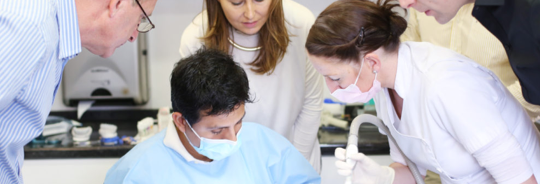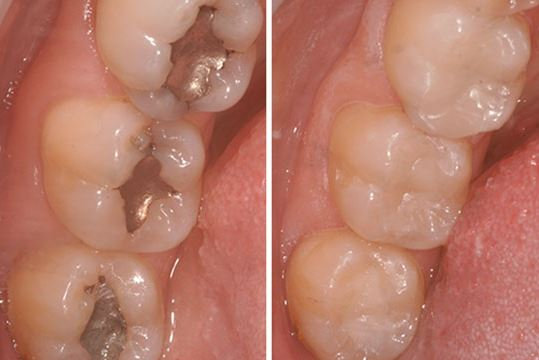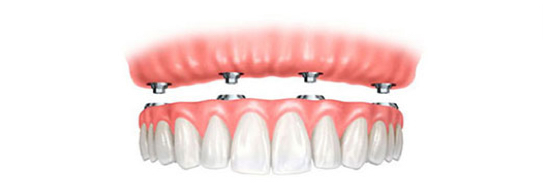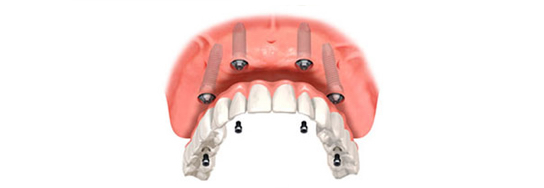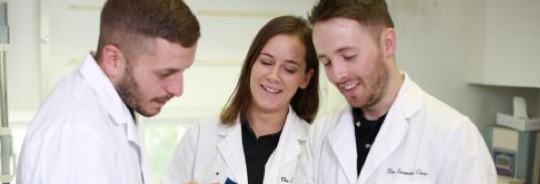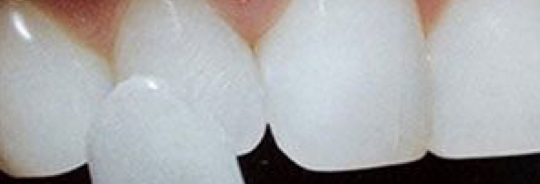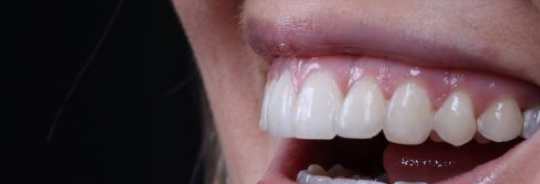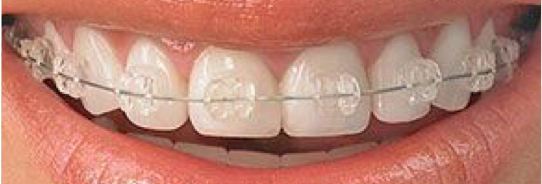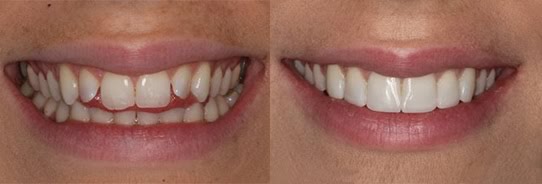
Blog
We post all the latest information here regularly so it's always up to date for you. If there is a topic you would like to have us cover please ask.
19 August 2013
The Importance of Vitamin D

It’s a common misconception that calcium is only good for teeth and bones. The body uses calcium for far more than ensuring teeth and bones stay healthy, it’s needed for the health of your heart, blood, nerves and is fundamentally tied to general well-being.
If someone has a lack of calcium in their daily diet,the body begins to draw on calcium in both the teeth and bones to supplement the need elsewhere. Calcium in teeth and bones can be looked at as a store or a reserve for the rest of the body. Unfortunately, teeth and bones also need calcium themselves, when the body draws on their calcium it can weaken and damage them. It’s well known that when calcium levels decrease in bone, the likelihood of fractures rises significantly. For teeth, the likelihood of developing dental caries (cavities) increases.
Like any aspect of healthy living, calcium on its own is not enough- you need a variety of methods to ensure you are in top condition. Regular brushing, flossing and use of mouthwash, along with minimising food and drink that damage teethisparamount, along with ensuring sufficient calcium intake. This is all part and parcel of maintaining a generally healthy diet and lifestyle. Many studies have shown that there is a direct link to the calcium, healthy teeth (and bones) and Vitamin D.
Vitamin D is necessary to allow our body to absorb calcium from the food and drink we consume. Vitamin D is produced in the body by exposure to sunlight. Studying patterns of teeth and bone problems, along with general health and calcium levels, it has been recorded that areas close to the equator and in sunnier climates, allowing for other factors, suffered much less problems associated to calcium deficiencies. Without regular exposure to sunlight, it can be impossible to produce enough vitamin D as part of your lifestyle and this is very much the case in the northern hemisphere, especially in the winter when sunlight levels drop significantly.
The good news is that there’s a simple solution, as there are many foods that contain vitamin D. Eggs are a great source of vitamin D, along with liver and kidney. Oily fish is also a good source of vitamin D so be sure to eat plenty of salmon on a regular basis. If you can’t extend your diet to include vitamin D (liver and kidney are not suitable for pregnant women due to high levels of vitamin A, and some people simply don’t like these foods) then you can buy foods which are fortified in vitamin D or you can take vitamin D supplements.
The important thing to remember is that calcium is necessary for healthy teeth, bones and many other parts of your body, but vitamin D is necessary for calcium absorption. Keep a note of your daily diet plan and make sure to include the foods mentioned above or invest in some good supplements, as recommended by your pharmacist or health expert.



